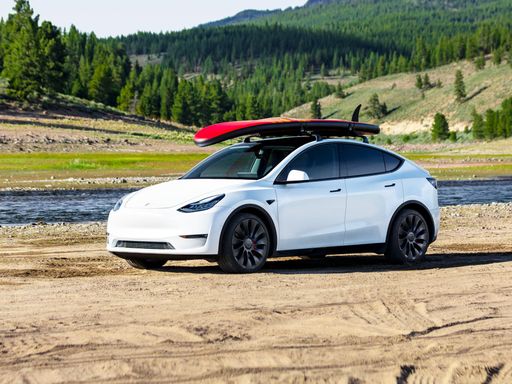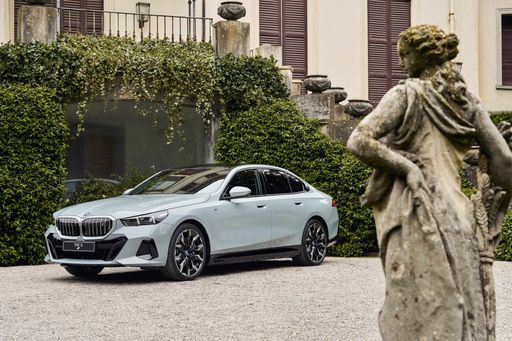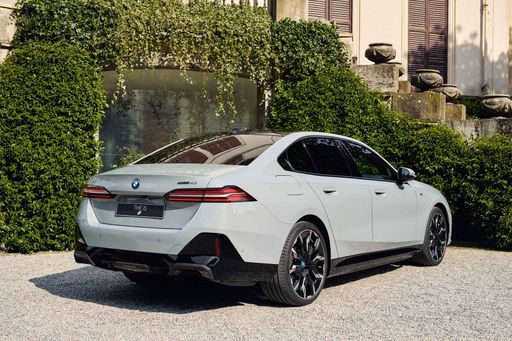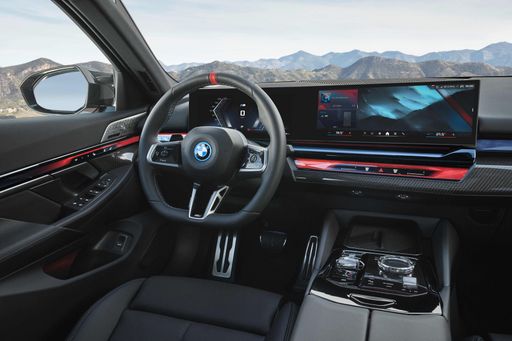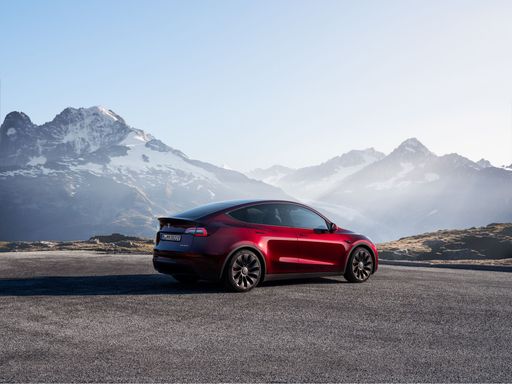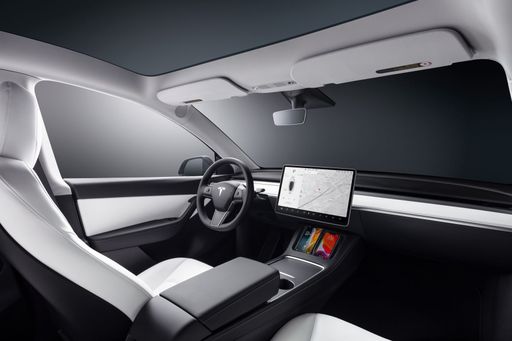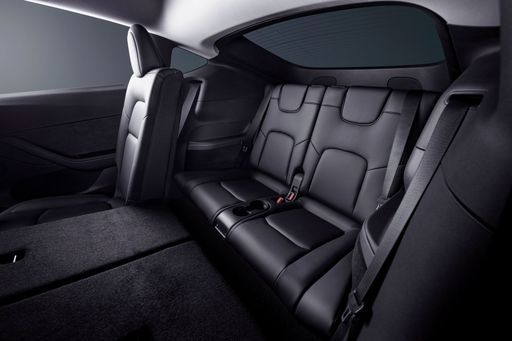BMW i5 vs Tesla Model Y: A Comprehensive Comparison
In the rapidly evolving world of electric vehicles, two names stand tall: the BMW i5 and the Tesla Model Y. Each bringing unique offerings to the table, potential buyers often find themselves weighing the pros and cons of these cutting-edge machines. This article delves into a detailed comparison of these two electric vehicles, covering technical aspects, innovations, and what they mean for the modern driver.

